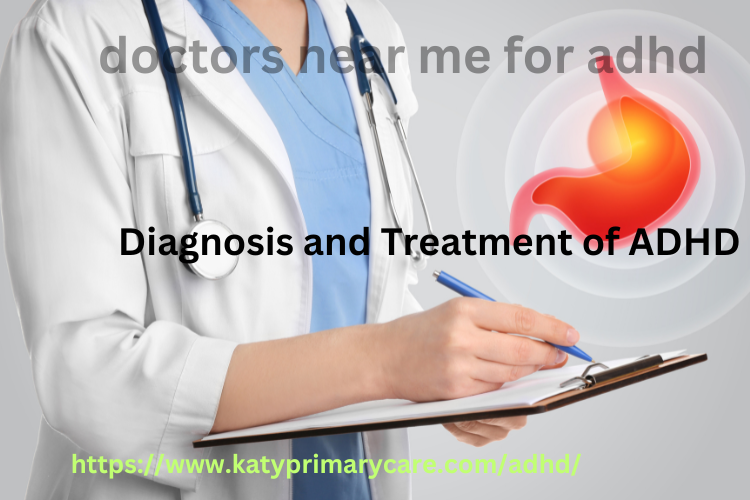
Navigating Medical Options With Specialized Doctors
Low testosterone, or hypogonadism, is a medical condition that affects a significant number of men. It can lead to a range of physical and emotional challenges, impacting quality of life and overall well-being. Fortunately, there are adhd doctors specialized medical options available to address low testosterone levels. In this blog, we will explore the importance of seeking specialized care, the various medical options available, and the role of specialized doctors in guiding patients through this journey to improved health.

Understanding Low Testosterone:
Testosterone is a crucial hormone responsible for the development of male reproductive tissues and the maintenance of various bodily functions. Low testosterone levels can lead to symptoms such as fatigue, decreased libido, mood swings, reduced muscle mass, and even osteoporosis. It can affect men of all ages, but it is more common as men get older.
Why Specialized Care Matters:
When dealing with low testosterone, seeking specialized care is essential for accurate diagnosis and tailored treatment plans. Specialized doctors, often endocrinologists or urologists, have a deep understanding of hormonal imbalances and can provide comprehensive assessments. They consider not only the physical symptoms but also the psychological and emotional aspects that can accompany low testosterone.
Diagnostic Process:
Specialized doctors begin by conducting a thorough medical history review and physical examination. They may request blood tests to measure testosterone levels, as well as other hormones that could contribute to the condition. This comprehensive evaluation helps in determining the underlying cause of low testosterone.
Medical Options for Low Testosterone Care:
Hormone Replacement Therapy (HRT): This is a common approach to treating low testosterone. It involves supplementing testosterone levels through injections, gels, patches, or pellets. Specialized doctors closely monitor patients on HRT to ensure optimal hormone levels and address any potential side effects.
Lifestyle Modifications: Specialized doctors often recommend lifestyle changes that can support healthier testosterone levels. These may include regular exercise, a balanced diet rich in nutrients, stress reduction techniques, and adequate sleep.
Medication: In some cases, medication may be prescribed to stimulate the body's natural production of testosterone. Clomiphene citrate and human chorionic gonadotropin (hCG) are examples of medications that can be used for this purpose.
Counseling and Support: Low testosterone can have psychological effects, such as mood swings and depression. Specialized doctors may refer patients to counselors or therapists who can provide support for managing these emotional aspects.
The Role of Specialized Doctors:
Specialized doctors play a crucial role in guiding patients through the complexities of low testosterone care. They create personalized treatment plans based on the patient's medical history, symptoms, and preferences. Regular monitoring and adjustments to treatment ensure that patients achieve optimal results while minimizing potential risks.
Conclusion:
Low testosterone can significantly impact a man's overall health and quality of life. Seeking specialized medical care is crucial for accurate diagnosis, tailored treatment plans, and ongoing monitoring. With the expertise of specialized doctors, individuals with low testosterone can navigate their medical options and take proactive steps towards achieving better low testosterone health and well-being. If you or someone you know is experiencing symptoms of low testosterone, don't hesitate to consult a specialized doctor to explore the best path forward.
Appreciate the creator